Eén monument, twee conflicten: “Er werd een nationale identiteit opgebouwd, waarbij maar een selectief deel van de geschiedenis werd gepromoot.”
Tag: politiek

Afrika is geen land: confronterend maar broodnodig
Recensie van ‘Afrika is geen land’: een schitterend portret van een continent dat haast nooit een podium krijgt.

Het Windrushschandaal: zweven tussen grenzen
De achtergrond van het Windrush schandaal, de grootschalige deportatie van Britse burgers: “Grenzen ontstonden wegens de wens om bepaalde etniciteiten uit te sluiten.”

Zou het worden zoals we verwacht hadden?
Recensie van het boek ‘Grote Verwachtingen’: “Die veranderende wereld is de wereld die journalist en schrijver Geert Mak in zijn boek Grote Verwachtingen probeert te beschrijven.”

Destroying Democracy: Philippe Pétain and the Vichy Alternative to the French Republic
De methoden en redenen van Vichy-leider Philippe Pétain om zich af te zetten tegen de democratie: “During World War II, the democratic institutions of the French Republic were actively destroyed.”

Een onderbelichte geschiedenis aan het voetlicht gebracht
Review of Slavernij en de stad Utrecht by Nancy Jouwe, Matthijs Kuipers and Remco Raben: ‘De bundel is een startpunt, want er is nog veel werk te verrichten.’

Feminisme of Feminismes?
Review of: Feminisms: A global history by Lucy Delap: ‘Ze vergelijkt de geschiedenis van feminisme met een mozaïek.’

Gelijke politieke positie eindelijk primair
In 2022, for the first time in Dutch history, there were as many female ministers as male ministers. A historical highlight. Unfortunately, women’s emancipation in politics does not end here. We still have a long way to go to really achieve gender equality in Dutch politics.

Een onderzoek naar de adel
In this Hoe geschiedenis jij? professor Renger de Bruin talks about historical research on a specific subject: the nobility. He does so by introducing his two current studies, one on the nobility in the province of Utrecht and the other on members of the Bailiwick of Utrecht of the Teutonic Order, between 1640 and the midpoint of the twentieth century. Renger touches on the different sources and research methods used, but also on the role and position of nobles through time.

De Javaanse kris: machtssymbool pur sang
In this Beeldspraak Maud examines how the Javanese kris is a symbol of power and the practice of politics in various ways. She describes how gift-giving has traditionally been a way of maintaining political relations and why building a collection of colonial objects is not a neutral activity. She links all this to the kris that is central to this article, in order to illustrate the direct link between the object and the past.

